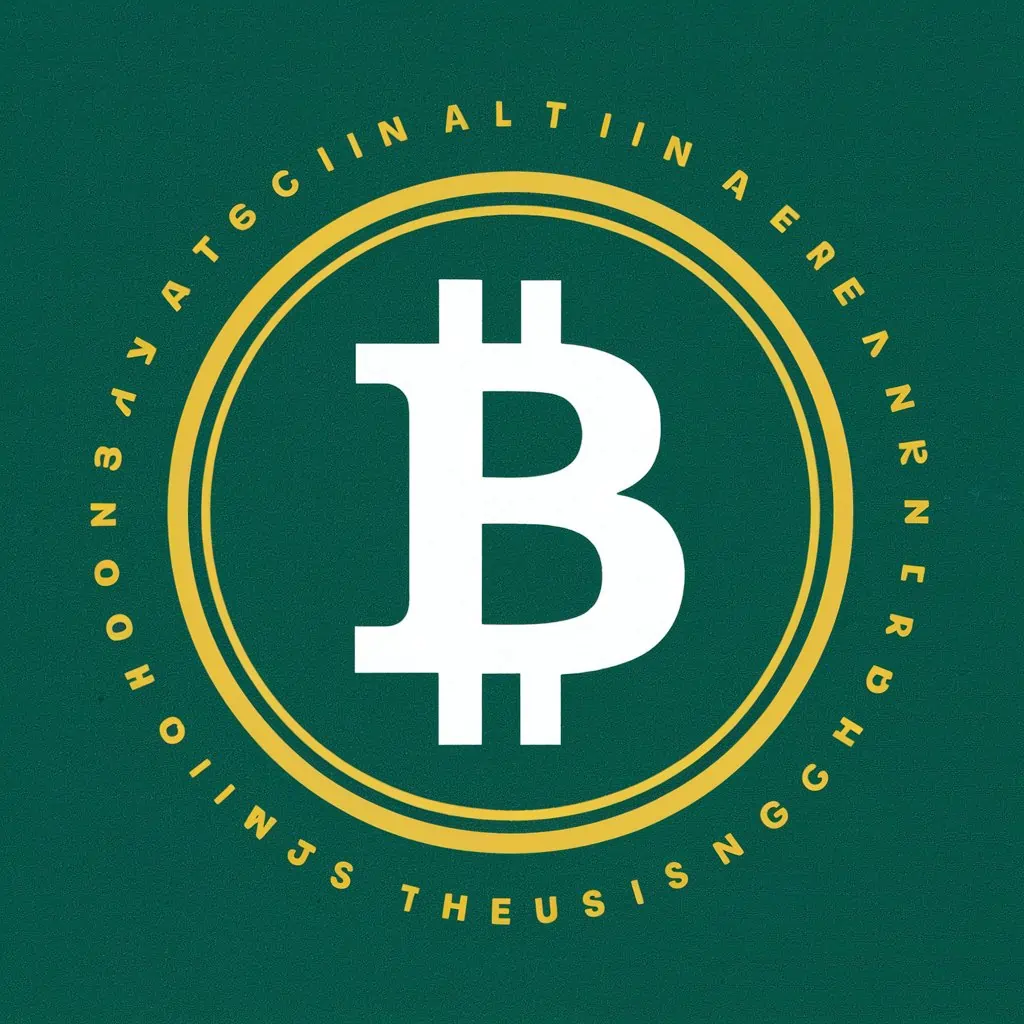Types of Crypto Tokens and Their Functions
What is a crypto token? Crypto tokens are digital assets designed for decentralized projects, operating on blockchains like Ethereum.

What is a crypto token? Crypto tokens are digital assets designed for decentralized projects, operating on blockchains like Ethereum. They are coded and attached to a user’s public wallet address, allowing individuals to purchase or sell assets like stocks, bonds, and digital assets like artwork. These tokens can also represent physical assets like art, real estate, services, utilities, and digital assets. They are programmable, running on smart contracts that outline their roles and characteristics, and the network’s engagement rules.
To participate in the system, one does not require any extra credentials because the tokens are permissionless. Furthermore, the system is not administered by a central body. Transparency is another important aspect of crypto tokens; anybody can examine and confirm transactions and protocol regulations.
Tokenized assets make it possible for individuals to interact safely and conveniently without the need for an arbiter, which eliminates market friction. Furthermore, they remove several systemic obstacles. Digital assets are advantageous to all industries, whether they are being traded or stored.
Those who are interested in investing in these digital assets should be aware that the value of cryptocurrency tokens is very volatile due to the market’s high level of activity. They should invest appropriately, considering several factors such as their financial goals and risk tolerance.
Types
Tokens for cryptocurrency come in several varieties, each having unique properties depending on how they are used. Nevertheless, a token may belong to more than one group. These digital assets do not conflict with one another as a result. Let’s examine them in more depth.
- Platform Tokens
These tokens enable a blockchain-based decentralized application or dApp. One dApp that makes use of smart contracts to allow users to exchange different Ethereum tokens for other Ethereum tokens is the Uniswap protocol. The UNI token is the name of the protocol used by Uniswap.
The blockchain in the environment in which they function gives platform tokens more security and the capacity to facilitate transactions.
- Transactional Tokens
They offer a simple and quick method of money transfers. Their purpose is usually the same as that of traditional currency. However, on occasion, they may provide greater advantages. These tokens often have a cheaper transaction charge than banking institutions, allowing users to complete many transactions.
- Utility Tokens
Users can access a blockchain-based product or service by using these tokens. They can be used to pay for ecological services.
Utility tokens are available to individuals for use in business. There is a mutual benefit between platforms and utility tokens. While a platform provides security, a utility token provides the necessary network activity to support the platform’s economy.
- Security Tokens
Security tokens aim to serve as the digital counterpart of traditional financial instruments such as bonds, equities, and so on. They stand for possession of these conventional financial assets. Its main use is the non-broker sale of stock in companies or other businesses, including real estate. Many businesses are attempting to ascertain if these tokens can replace other means of funding.
- Governance Tokens
Voting on specific issues, like as the direction of a protocol or application, is made possible by governance tokens. Central authority is typically absent from procedures. Therefore, these tokens are quite helpful while making important judgments. Every user of the well-known savings system Compound, for instance, receives a token called COMP. They can provide votes on how best to improve the Compound. An individual receives more votes the more tokens they obtain.
- Non-Fungible Tokens
In the realm of cryptocurrency, Non-Fungible Tokens, or NFTs, have gained a lot of popularity. They stand for ownership of unique digital assets, most of which are works of digital art. But they might also be films, tweets, etc. Digital works are very tough to distribute or duplicate using these tokens. As a result, it may be thought of as an online digital work’s proof of authenticity.
Why do cryptocurrency tokens matter?
With tokens, programmers may design a cryptocurrency without having to construct a blockchain. That’s significant since it greatly accelerates, simplifies, and lowers the cost of the cryptocurrency development process. Blockchain construction is a very challenging technological undertaking for developers who want to establish their coins.
A blockchain must be able to perform transactions quickly and inexpensively, as well as be resistant to attacks to avoid bitcoin theft by hackers. The process doesn’t end with building the blockchain. Validators are also necessary for a new cryptocurrency to verify its transactions. Because they are decentralized, cryptocurrencies depend on users electing to serve as validators and providing the blockchain with processing power.
For example, Bitcoin relies on mining, which necessitates the usage of mining equipment by people all around the world. When establishing a new coin, developers must also consider how to attract enough validators to keep the blockchain secure and prevent fraudulent transactions.
Making a cryptocurrency token is the speedier way to go. Rather than starting from scratch, developers may build upon an already-existing blockchain, like Ethereum.
Then, their cryptocurrency token may be used on Ethereum’s current platform, which is equipped with a safe mechanism for executing smart contracts and validating transactions.
FAQ
How are new cryptocurrencies created?
Cryptocurrency mining involves solving complex mathematical problems, validating transactions, and adding them to the blockchain. Initial Coin Offerings (ICOs) and token sales are methods used to issue and sell digital tokens to raise funds for specific projects or platforms.
What Is the Use of Tokens?
While crypto tokens are not legal cash and can be used for profit-driven transactions, they can represent an investor’s ownership in a firm or serve other economic functions when utilized in blockchain transactions.
How Crypto Tokens Work
Cryptography involves encryption algorithms and techniques to protect crypto tokens and currencies, such as elliptical curve encryption, public-private key pairs, and hashing functions. Cryptocurrencies are virtual currencies on a blockchain, enabling secure online payments and value storage.
Crypto tokens are transactional units created on existing blockchains using standard templates like the Ethereum network, working on smart contracts or decentralized applications. This programmable, self-executing code manages transactions.
Crypto tokens are digital tokens that represent various aspects of a blockchain, such as customer loyalty points or cryptocurrencies. They are tradable and transferrable among participants, and investors can use them to represent stakes in a company or for economic purposes like trading or purchasing goods and services. Decentralized storage provider Bluzelle allows users to stake their tokens for network security and rewards.








